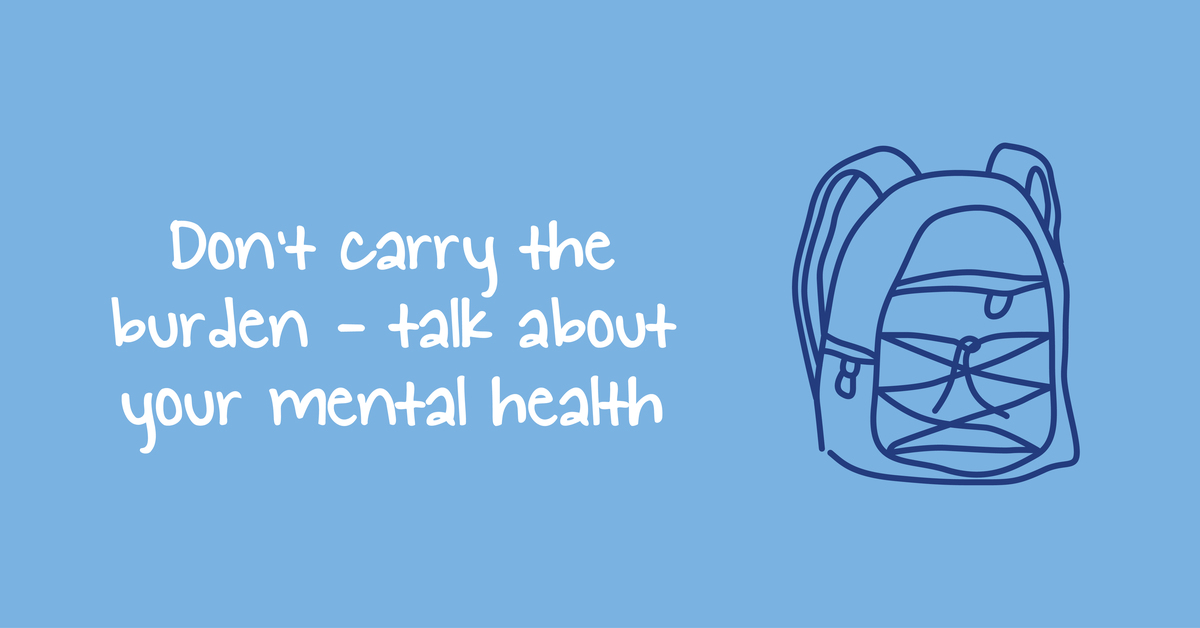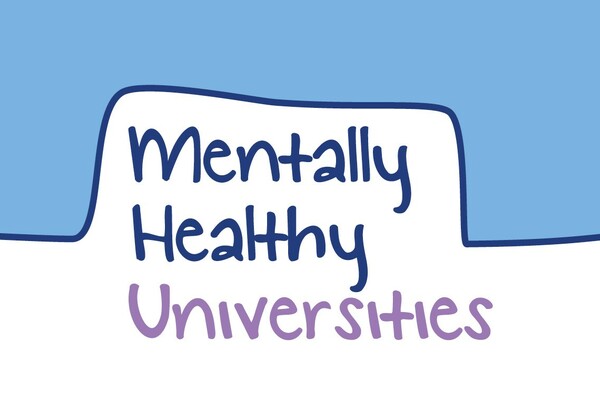Lancashire Mind have partnered up with the University of Central Lancashire to deliver multi-faceted interventions, catered at supporting and enabling both students and university staff, that will help them to improve their mental health and wellbeing within a university environment and later on in the workplace.
Lancashire Mind joins this initiative for the second year of its trial and we feel extremely hopeful that, together with UCLan, Mind and Goldman Sachs Gives, we will be able to deliver great success for the students and university staff.
The programme aims are to ensure students are equipped to manage their mental health and thrive at university, having the knowledge and tools to build their resilience and are prepared to manage their mental health in future employment.
As part of the programme students have the opportunity to take part in sessions on mental wellbeing essentials, managing their mental health at university, and transitioning into the workplace.
University staff will be supported to set up a network of Staff Mental Health Champions and Mental Health Peer Supporters to help build an even better system that will enable employees to thrive.

National Mind will also be working with all of the universities as employers to help them meet the Mental Health at Work Commitment.
Paula, Lancashire Mind’s Mentally Healthy Universities Coordinator says, ‘I’m thrilled to be a part of this initiative and having the opportunity to work with the amazing people at UCLan. This year has been especially tough on everyone in education and the more we can do to provide skills and support for all within the university, the better. From a mental health and wellbeing perspective, I think together we can make real strides that can help so many students and staff members better manage their day-to-day lives as well as meet their full potential. The fact that this programme will then go on to help the sector across the UK, is the icing on the cake for me.’
Facts & Figures provided by Mind:
A recent report by the Higher Education Policy Institute (HEPI) found a 77% rise in referrals to staff counselling and a 64% rise in referrals to occupational health in 59 higher education institutions between 2009 and 2015 (Morrish, 2019).
Research shows students are less happy and more anxious than non-students, including other young people.
75% of all mental health problems begin by the age of 24 (Mental Health Taskforce, 2016).
A report showed that 1 in 5 students have a diagnosed mental health problem.
Also, more than 1 in 3 students said they had a serious mental health problem for which they felt they needed professional help. (Insight Network, 2020).
Mind’s COVID-19 survey showed that 75% of young people (aged 13-24) said their mental health has got worse since COVID-19. And university staff have also been affected. It showed 35% of adults described their mental health as poor or very poor. This rose to 39% in adults whose employment status had changed as a result of COVID-19.
Programme success/findings from the first year of the programme:
Over 85% of students had a better understanding of mental health problems and wellbeing after attending our ‘introduction to managing your mental health at university’ course.
Over 90% of students who took part in our ‘tools and techniques to manage your mental health’ course said they were more confident looking after their mental health and 100% said they would recommend the course to a friend.
Over 90% of students were more aware of mental health in the workplace after taking part in our ‘preparing you to manage your mental health at work’ course.

